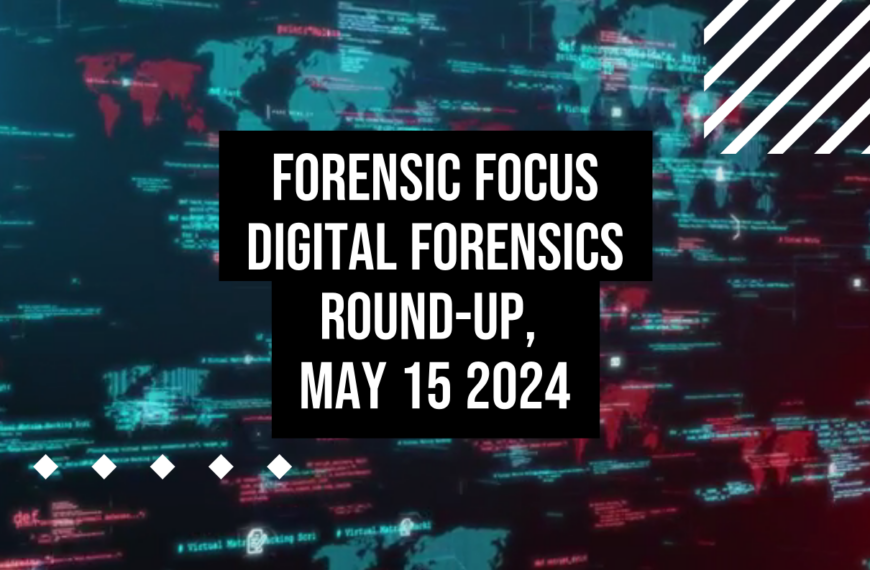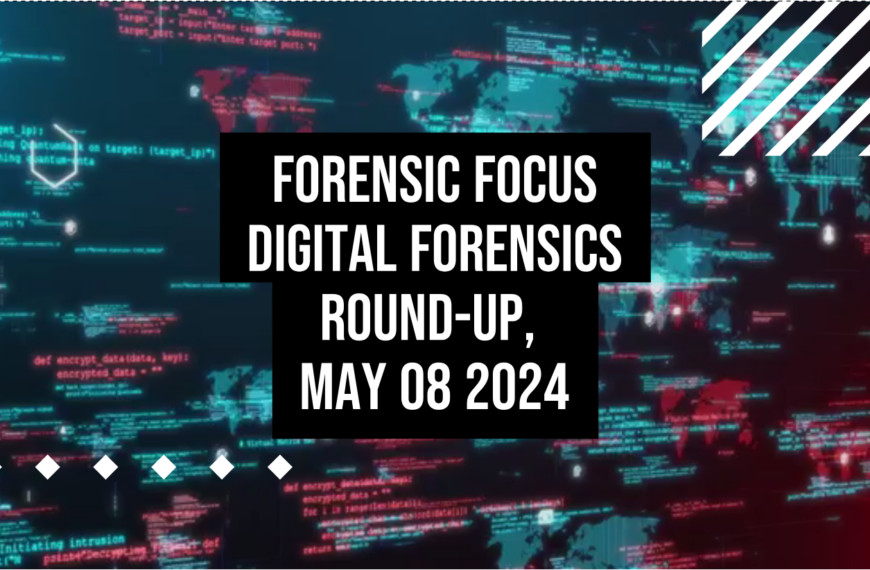Sergio Tenreiro de Magalhaes, PhD is Chief Learning Officer for Champlain College Online and Associate Professor of Cybersecurity and Digital Forensics.
FF: Please tell us a bit about your background and how you started teaching at Champlain College.
My interest in computer security related topics started during my college years. I was completing my B.S. degree in Mathematics and shared many classes with computer science students, so naturally I developed friendships that led us to the computer labs. After graduating, I entered the corporate world, and it wasn’t until I decided to go back to college to earn a Master’s in Information Systems that I transitioned to the technology world.
While my initial goal was to combine business and technology, I ended up working on a project for the Portuguese Armed Forces, and that’s where it all began. I transitioned to a researcher and faculty position and completed my Ph.D. in Computer Technology with a thesis in biometric authentication systems and have never left higher education since. Part of my role in higher education was to work with industry partners, which I always loved doing, as it kept me a hands-on professional.
My participation, as an academic member, on the NATO Multinational Cyber Defense Education and Training project is also something that I’m particularly proud of. This brings me to 2018, when I came to the US to work for Champlain College, in the online division (CCO), as Department Chair, directly overseeing, among other programs, the MS in Digital Forensic Science. Last May I took on a new challenge, and I’m now the Chief Learning Officer for CCO.
FF: What digital forensics courses and research opportunities does your department offer? What can students expect to learn?
Champlain College Online has several programs in the space of Digital Forensics, including a B.S. in Computer Forensics and Digital Investigations, and a MS in Digital Forensic Sciences. For that reason, we offer a comprehensive range of courses, both at the undergraduate and at the graduate level.
Some of the core undergraduate courses include “Digital Forensic Investigation Techniques”, “Network Forensics,” “Mobile Forensics,” and “Anti-forensics & Network Forensics.” We also provide advanced undergraduate courses like “Digital Forensics Analysis” and “Malware Analysis.” We additionally provide our students with a range of courses at the graduate level, including “Incident Response and Network Forensics,” “Operating System Analysis,” and “Scripting for Digital Forensics”. Students in our B.S. degree might be able to take some graduate level courses as part of their undergraduate program, enhancing their experience and potentially expediting their progress toward a Master’s degree.
Champlain College is career oriented, and our students find that our programs are designed to prepare them for their professional career. Our graduates can expect to obtain a comprehensive education, which means that they can expect to develop a strong foundational knowledge of computational systems and of Digital Forensic Science, to work with industry standard tools in digital forensic hands-on projects embedded in multiple courses, learn investigative techniques, and develop a deep understanding of digital evidence handling, while also developing the soft skills that will make them the well-rounded professional that employers want to hire.
The connection between our fully asynchronous course and the less obvious aspect of real life in this industry is provided by our faculty, who are scholar practitioners, with industry experience. As part of these goals, students are challenged to think critically, to be life-long learners, and to develop forensically sound methods to solve problems. Students have multiple opportunities to practice this through their programs, and even more in the undergraduate “Digital Forensic Practicum” course, and in the Master’s “Capstone Research Thesis”.
FF: What areas of digital forensics are you interested in?
I have a particular interest in the evolving field of incident response, as it requires an agile but methodologically sound approach to a complex problem under stress and in collaboration with other divisions of the organization (cybersecurity, legal, etc.). Automatization, namely through scripting, plays an important role in incident response, and I am particularly interested in how software security and software testing techniques can be embedded in the incident response process in an agile way.
FF: How do you see the relationship between digital forensics and computer security? Should digital forensics students have at least some knowledge of computer security principles?
Absolutely. Digital forensics and computer security are inherently intertwined. While computer security focuses on preventing and mitigating cyber threats, digital forensics comes into play when breaches or incidents occur. A solid understanding of computer security principles is crucial for digital forensics practitioners. Knowledge of security measures, attack vectors, and encryption techniques enables forensic experts to effectively investigate and analyze digital evidence while preserving its integrity.
Our B.S. degree in Computer Forensics and Digital Investigations has an embedded component of cybersecurity just like our B.S. degree in Cybersecurity has an embedded component of Digital Forensics. Students in both programs can use their electives to personalize their programs and learn more about the concepts that will best prepare them for what they want to do within their field.
FF: One of the questions we’re often asked is “how do I get started in a digital forensics career?” What advice would you give? What qualities do you think are most important for work in this field?
Getting started in a digital forensics career requires a blend of education, practical experience, and personal qualities. Those wanting to get started in a digital forensics career should pursue formal education in digital forensics that includes hands-on training using real-world case scenarios. Curiosity, attention to detail, and critical thinking are vital qualities. Strong communication skills are equally important, as professionals will often need to convey technical findings to non-technical stakeholders. Lastly, stay updated with industry trends and emerging technologies to remain effective in this rapidly evolving field.
FF: Which areas of digital forensics currently offer the most exciting career opportunities, in your opinion?
Luckily for those in the field, all areas of digital forensics offer many job opportunities. This means that it is up to each professional to find the area of digital forensics that excites them the most, and that will make their role more rewarding. Like the song goes, “find what you love and call it work”.
FF: How important is it for students to gain practical experience in the workplace before graduating? Are any able to find internship positions?
Practical experience is of paramount importance in digital forensics and that is why our programs are designed in a way that includes hands-on exposure to real-world cases. This allows our students to apply theoretical knowledge, navigate complex scenarios, and develop problem-solving skills. Those wanting to learn more about forensics internships should seek additional information about our “CFDI-490: Forensics Internship” course.
If you’d like to connect with Sérgio, you can find him on LinkedIn (login required).















